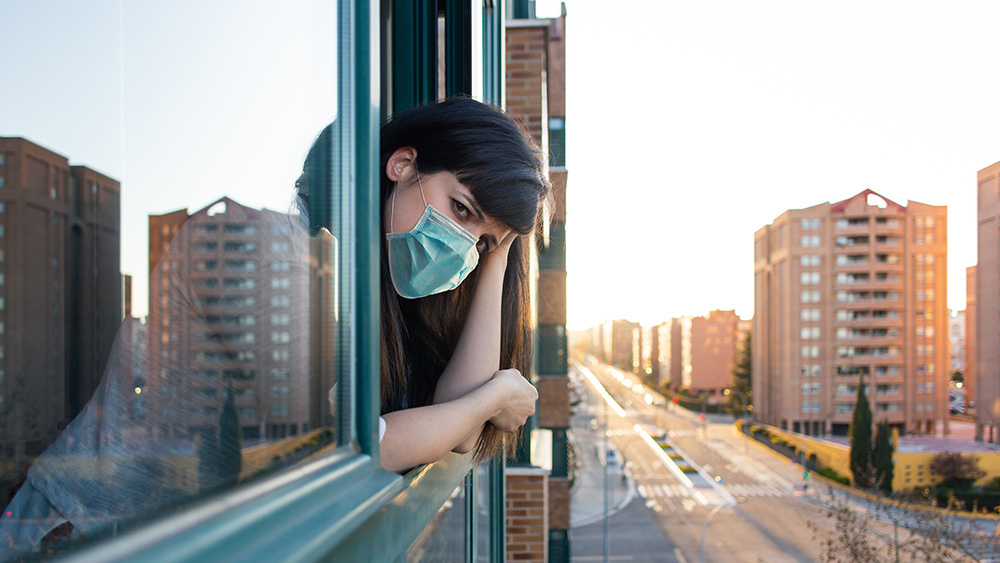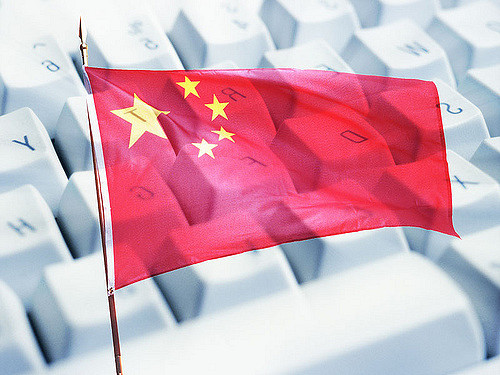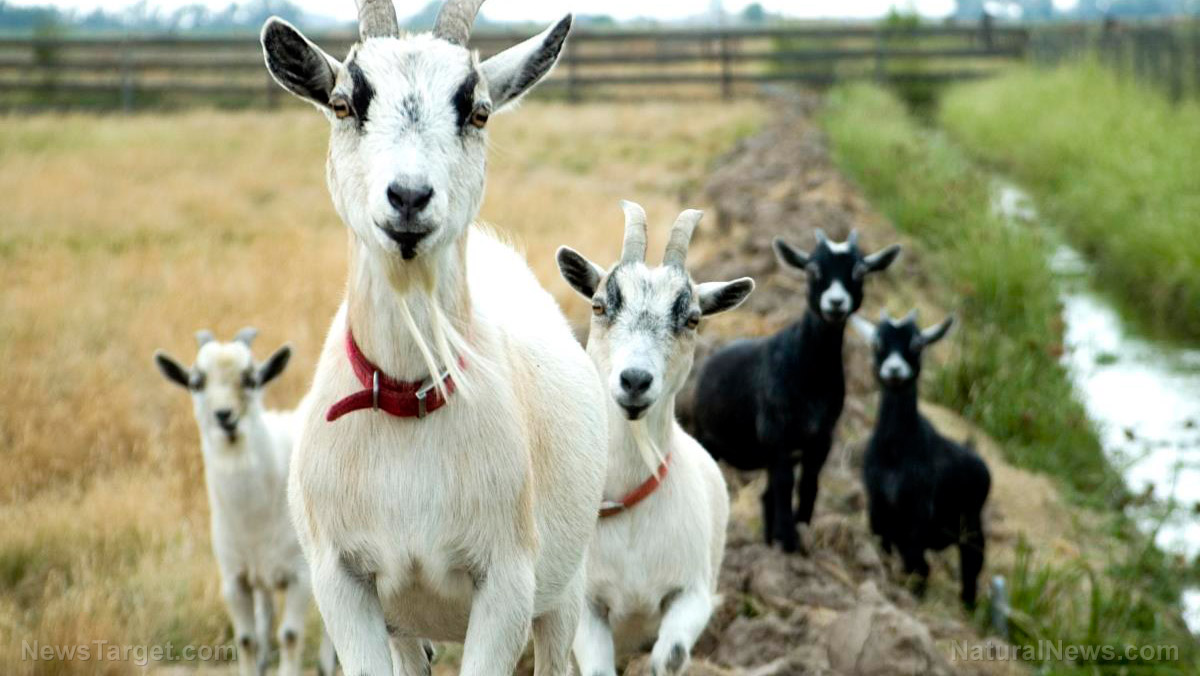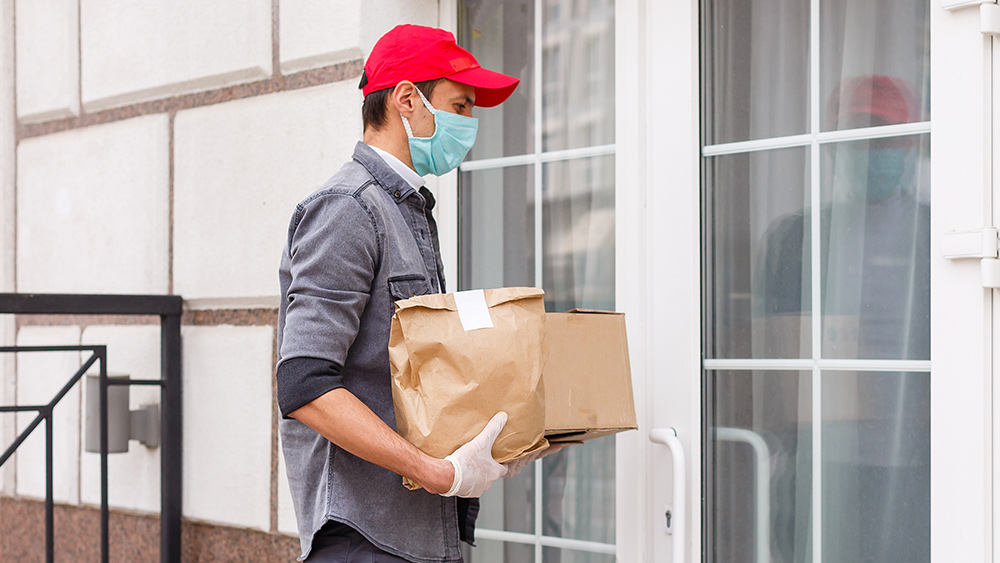Food prices soar as countries rush to hoard food amid worsening pandemic
10/27/2020 / By Divina Ramirez

The COVID-19 pandemic has changed many things: from people buy groceries to even how countries secure their food supplies. In particular, with an uncertain fourth quarter ahead, many countries have increased their purchases of staple crops — driving demand and price in the process.
World food prices have been on the rise for the fourth month in a row last September, as per a price index from the Food and Agriculture Organization (FAO) of the United Nations (UN). Several countries are now importing more grains to boost their pandemic reserves, such as Jordan, Morocco and China.
Several countries rush to secure food reserves
With food supplies tight, Jordan has sought to build its wheat reserves, which now stand at 1.35 million tons. Its stockpiles are more than enough to sustain its population for the next 17 months.
Jordan depends on wheat imports from the Black Sea region, which is suffering from a drought. Together with the greater demand for wheat, this drought has raised its price in the global market.
Even then, the Middle Eastern country is not about to stop its imports. The government aims to further boost its reserves, said Yanal Barmawi, spokesperson of the Ministry of Industry, Trade and Supply.
Meanwhile, Egypt has also tapped international markets to boost its wheat reserves even as farmers harvest domestic wheat this season. With more than 100,000 confirmed COVID-19 cases to date, the nation is expected to continue importing wheat to weather a possible food crisis during the pandemic.
On the other hand, Morocco has greenlighted wheat imports for the remainder of 2020 amid weak domestic production. The Mediterranean nation has so far imported 6.2 million metric tons of wheat. This is about 35 percent higher than its imports in 2019.
Pakistan is also in the process of boosting its purchases of wheat and sugar, which has seen higher prices over the past few months, thanks in large part to China replenishing its sugar stockpiles. China itself is poised to further increase its copious state reserves in 2021 to meet commitments under its trade deal with the US.
Meanwhile, Taiwan has expressed plans to prepare strategic reserves “for the next pandemic.” These reserves will include food and medical supplies like masks, ventilators and personal protective equipment, said Chuan-neng Lin, Taiwan’s Vice Minister of Economic Affairs.
“One lesson Taiwan learned from fighting against COVID-19 is that the government must have sufficient supplies of needed goods for the public,” said Lin. “We need to have plans for that to prepare in advance.”
Food export restrictions threaten global trade
While some countries are purchasing more food to build their pandemic stockpiles, others restrict food exports to maintain theirs.
In times of uncertainty, people are more likely to hoard, said Stephanie Preston, a psychology professor at the University of Michigan. The same may be said for countries enforcing food export restrictions in light of global food security concerns.
For instance, months before the pandemic gained momentum, Kazakhstan, one of the world’s top exporters of wheat flour, banned exports of that product, along with carrots, sugar and potatoes. The Vietnamese government also suspended rice export contracts in March to prevent a possible shortage.
However, restricting food exports could have significant global ramifications like higher food prices, food riots and hunger. If governments refuse to work together and put their nations first, things can get much worse, said Tim Benton, research director in emerging risks at think tank Chatham House in London.
Stockpiling and protectionist policies combined are also sure to lead to higher prices of staples like grains, just as more people can’t afford them given job losses. (Related: Gov’t report says COVID-19 pandemic led to price hikes for food.)
Furthermore, FAO senior economist David Dawe warned that countries implementing food export restrictions to protect domestic supplies will end up harming their domestic market.
There are precedents for this prediction, too. During the 2007–2008 food crisis, for example, trade restrictions led to major price spikes for various commodities, creating social unrest in several affected countries. Restrictions also benefit competitors in international markets while hurting local farmers.
So while export restrictions might be a knee-jerk reaction to a crisis, policies like these hurt local producers in the countries implementing them.
Governments should invest in science and technology instead, as well as focus on economic growth and social protection moving forward, concluded Dawe.
Learn more about the impact of the COVID-19 crisis on global food security at Pandemic.news.
Sources include:
Tagged Under: agriculture, Collapse, coronavirus, covid-19, current events, food independence, food security, food supply, pandemic, stockpiling
RECENT NEWS & ARTICLES
Pandemic.News is a fact-based public education website published by Pandemic News Features, LLC.
All content copyright © 2018 by Pandemic News Features, LLC.
Contact Us with Tips or Corrections
All trademarks, registered trademarks and servicemarks mentioned on this site are the property of their respective owners.




















